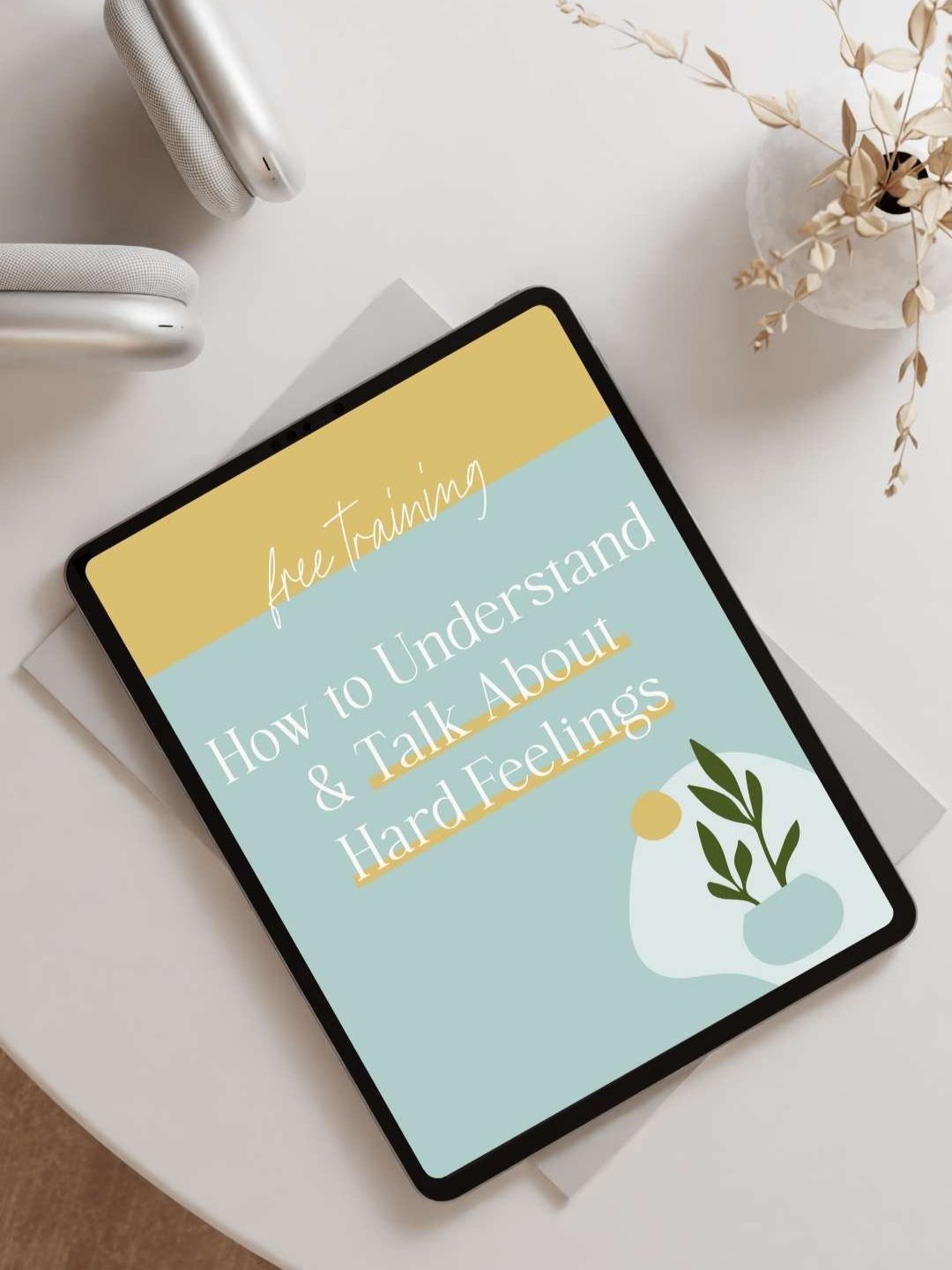10 Ways to Have Better Conversations with Your Young Adult Children
It’s normal to feel disconnected from your young adult. Their worlds are so different from ours, and even different from our world when we were their age. It’s difficult to feel disconnected because it can mean we feel less in-the-know about what’s going on for them, their struggles, successes, losses and wins. And we desperately want to feel in-the-know. Knowing something about our young adult’s inner experience somehow allows us to feel more in control, more capable of protecting them in an uncertain world.
While we can’t actually control or protect our young adults from much these days, we can effort to grow our connection in such a way as to tether our heartstrings, and support their resilience and growth as they navigate the rocky terrain of emerging adulthood.
Here are 10 ways we can show up more available and open to learn about their world – both their inner and outer experience – in such a way as to invite more connection and conversation.
one
Listen with the intent to learn something new.
Everyone is an expert in something. Be curious about discovering what the expertise is of your emerging adult! As Celeste Headlee says, “Always be prepared to be amazed.” Stay open.
two
Listen with the intent to understand.
Stephen Covey says, “Most of us don’t listen with the intent to understand. We listen with the intent to reply.” First, seek to understand, then seek to be understood.
three
Listen as if you’ll be quizzed later.
Offer your young adult your full, undivided attention. If you don’t understand something they said, ask for clarification. You can say, “I don’t think I totally understood that part. Could you say it again or in a different way?”
four
Set down your ego.
If you don’t know, say you don’t know. Parental humility can be so important for our young adult children to hear.
five
Stop relating. Start witnessing.
Don’t compare your experiences to theirs. Even if you shared a similar experience, the way you each experienced that thing is unique. Try to be a witness to their experience instead. That means being present, open, and interested to hear about what the thing was like for them, how they felt. You don’t need to compare, talk about what you did in a similar situation, or try to fix it. Our kids mostly just need to feel heard. If they say, “This thing is really hard.” Rather than saying “well, when I went through a really hard thing that was similar, this is how I handled it,” you can simply say, “Yeah, that sounds like it totally sucks. I’m so sorry.”
six
Listen as though there’s no place you’d rather be.
Unitask. Just do the one thing. Be present with your whole self. May eye contact. Don’t “hold onto” questions until the person finishes talking. It’s not that important. Just keep listening.
seven
And on that note, put your phone away.
Actually away. Not on the table. Research shows that just the presence of a phone in eyesight can disconnect us and keep us from really engaging in meaningful conversation with one another. The presence of a phone often signals us to “keep it light.” And great conversations don’t come from keeping it light.
eight
Listen (and ask!) for stories.
Not facts. Ask open-ended questions like “Tell me about yourself”, “What was that like?”, or “How did that feel?”
nine
Listen more than you talk.
When you do talk, be brief. Be more interested in your young adult than you are interested in proving your point.
ten
Ask better questions.
Ask questions you genuinely want to know the answers to. Lazy questions that ‘keep it light’ like “how are you?” “what do you do for work?” “how’s your day going?” are boring, repetitive, automatic questions that elicit no interesting information whatsoever. Sherry Turkle says, “learn to ask questions that a return email cannot answer.”
Try these instead: “what kind of year are you having?”, “what’s your favorite part about your job?”, “tell me about something new you learned today.” When we ask better questions, we create a more inspired space for engaging conversation, right from the start.
If you’re ready to dig even deeper into an experience of connection with your young adult, check out my course Foundations of Confident Connection. It’s packed with information distilled from years of psychoeducation and therapy trainings, and offers guidance, tools, and resources that serve to empower you with the skills and confidence needed to grow the kind of relationship with your young adult that you feel proud of. Learn more at www.jordangrob.com/courses.
free training
Learn how to understand & talk about hard feelings.
This mini-training will provide you with tools for how to identify, understand, and articulate big feelings when they arise. After this training, you’ll feel more confident having the conversations you’re not having.



